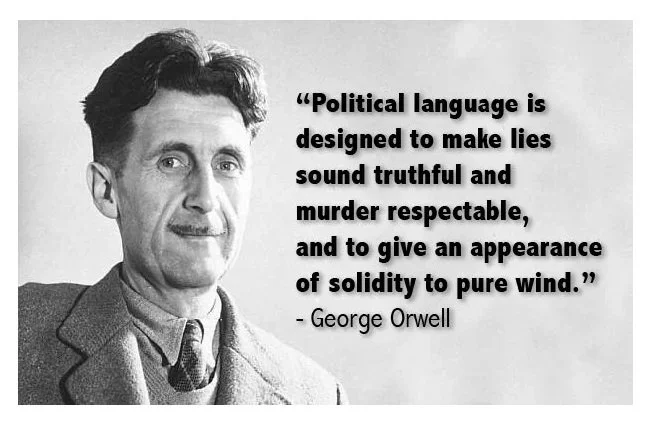The Death of a Monarch and Change
The death of Queen Elizabeth II on Thursday was both an inevitability and a shock. Something I similarly felt regarding the death of my own Mother recently. We all know that people can not go on forever and that age, infirmity and ill health catch up with us all. But no matter how well prepared you think you are for a bereavement, when it happens it is still a shock. The Queen was a constant in our lives. Separate from politics, she was a dignified, benign and very accessible head of state. She dedicated her life to public service and was a force for good in the world. Although a deeply private person her public persona became clearly defined over time and the public loved her. Even those who do not consider themselves “royalists” recognised her unique role in society and position on the world stage. She was, as so many have pointed out, a constant in an ever changing world.
The arcane processes that govern the institution of the monarchy have now come into play and a new King has ascended to the throne. There will now be a formal period of mourning throughout the UK and a full state funeral on Monday 19th September. This entire matter currently dominates the national news cycle and has an impact upon public events and sporting fixtures throughout the country, as a “mark of respect”. As well affording the people an opportunity to come to terms with the death of the Queen and say goodbye, the situation will inevitably raise wider questions about the future of the monarchy. King Charles allegedly has plans for a far more streamlined institution with many minor royals stepping down from public life and public funding. The debate about having an elected head of state has also begun again, although I think that the general public is not ready or disposed for such a change.
Although I broadly feel that the current situation is unfolding in an acceptable fashion, I do have wider concerns. The transition to a new monarch has happened quickly and a sense of continuity is being maintained. The Queen has earned a state funeral and it is important both nationally and internationally that her passing is marked in such a way. But I worry that this hiatus in public affairs, such as politics and legislation, is detrimental to the nation. The UK’s new Prime Minister is not at present engaged with the pressing issues of the day. The news cycle is focused elsewhere so there is the potential for important stories, events and happenings to be “overlooked”. I am also concerned that the nation may make the mistake of retreating further into our country's past and notions of British exceptionalism, rather than tackling the issue that has remained outstanding since the end of World War II; what is the UK’s role in the world?
On Tuesday 20th September, the UK will return to a state of relative normality. The formal period of national mourning for Queen Elizabeth II will end and the news cycle, public affairs and national politics will return to “business as usual”. The national sense of grief may well be assuaged but the recent fix of patriotism will not magic away the problems the nation faces economically. If spring 2023 turns out as bleak as is predicted, what will the British public think about the potential cost of a coronation? I suspect that King Charles is already aware of this and making plans accordingly. However, that is all months away. In the meantime, I have taken time out to personally reflect on the death of Queen Elizabeth II. I shall not be making a pilgrimage to London but shall watch the formal funeral on the allotted day. I hope the event serves its purpose. As for the lady herself, I simply say “Westu hál. Ferðu”.




























